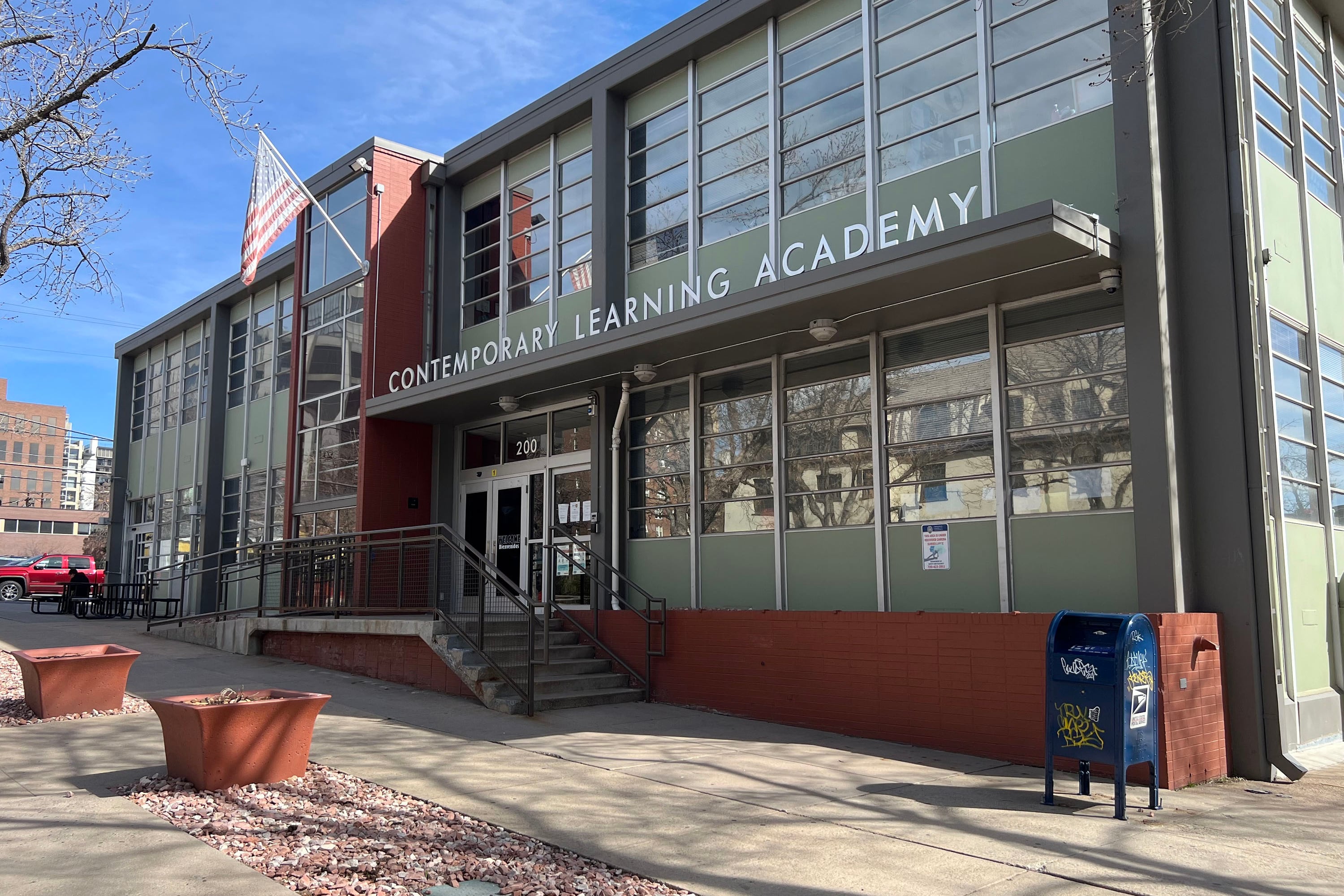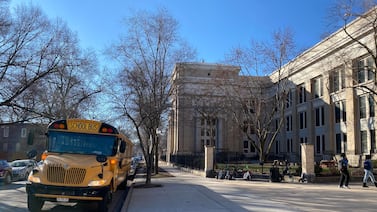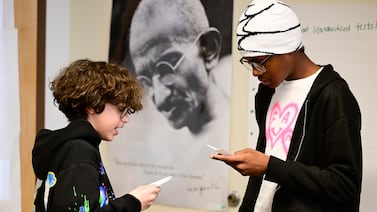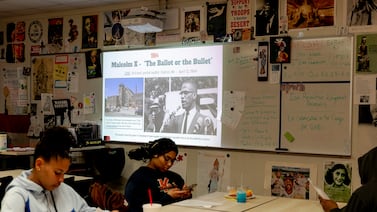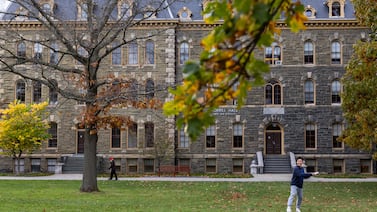Sign up for Chalkbeat Colorado’s free daily newsletter to get the latest reporting from us, plus curated news from other Colorado outlets, delivered to your inbox.
A center that provides free food, clothing, mental health support, workforce training, and more to students and families at six public schools in Denver will close in less than three months.
The middle and high schools served by the resource center are known as “pathways schools” and work with students who have struggled at traditional schools or are at risk of not graduating. Three years ago, the resource center — called The Village — opened at Contemporary Learning Academy, one of the pathways schools.
The Village was launched with grant funding and is now paid for by federal pandemic relief known as ESSER earmarked for schools, DPS spokesperson Scott Pribble said. The Village cost $771,690 to run this school year, he said.
But with that money expiring, Denver Public Schools must commit the last of its pandemic relief dollars by Sept. 30. Pribble said The Village is slated to close June 30.
At a March school board meeting where several people urged DPS to keep the center open, Etamar Prizament, a social worker at The Village, called its impending closure “a tragedy.”
“The good work is being done,” he said. “It’s in front of our face and the district is letting it go.”
Asked why the district wouldn’t absorb The Village into its own budget, DPS pointed to its six “community hubs,” which opened in 2022 and offer many of the same services as The Village, as well as English classes, GED classes in both English and Spanish, “play and learn” groups for parents and toddlers, mobile medical appointments, and more.
The community hubs are a signature initiative of Denver Superintendent Alex Marrero. Pribble said the hubs are meant “to support students and their families all across the district.”
But employees of The Village say their center is tailored to serve some of the district’s most vulnerable students, and fills the gap when the community hubs are at capacity.
“How will the district meet the needs of students and families in pathways schools if for the past three years, it was a village — this Village — that did that?” Hanna Pelican, manager of The Village, asked the Denver school board last month.
Pelican listed The Village’s impact: more than 200,000 pounds of food distributed to students and families, including fresh meat, eggs, produce, and milk; $100,000 in student earnings from paid internships; over $1 million in mental health care secured and available for students and alumni who are struggling.
Pelican asked that DPS at least continue funding the salaries of The Village’s five staff members, and pledged that the staff would find money for the programming through grants and donations.
“We want our kids to thrive, but how can you do that when there is no food in the fridge?” said Aaliyah Palma-Sanchez, a pathways school graduate who now works at The Village.
Tiffany Barrios, a social worker at a pathways school called DC 21, read testimonials that she said came from students and parents at her school. One was from a parent who described their family as teetering between living in an apartment and living in a tent.
“I know what it feels like to be hungry,” Barrios read from the parent’s statement, “but that’s something my daughter has not had to experience thanks to The Village.”
Melanie Asmar is the bureau chief for Chalkbeat Colorado. Contact Melanie at masmar@chalkbeat.org.


